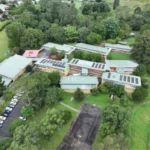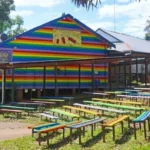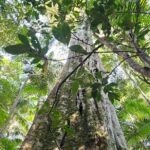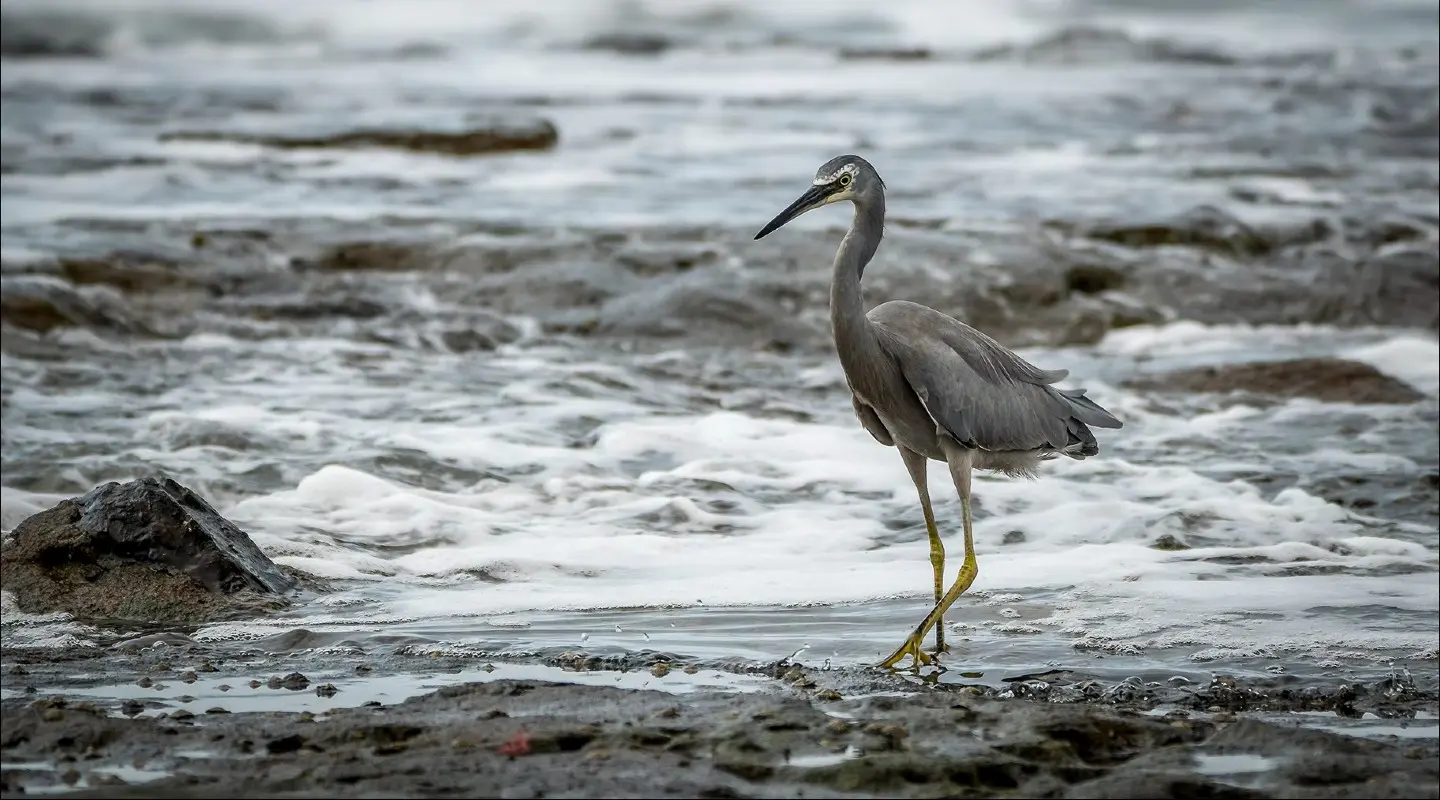
Songs & Calls
Listen to the call of the white-faced heron.Local Notes
She appeared one misty morning as steam rose from my tea. Silent, statuesque, cloaked in blue-grey stillness. Now I see her often, drifting the creek’s edge like a prayer. She moves with the grace of my ancestors ~ watching, waiting, reminding me, this land is old and full of knowing. Walk softly, she whispers. You are being held.
by Rain Wickham
Bird Overview
The White-faced Heron is particularly versatile. It can be seen in many different wetland habitats: they occur on reefs, in rock pools and mudflats by the coast, in estuaries and saltmarsh, swamps, rivers, drains and at farm dams; they even occur in pasture and hypersaline wetlands.
Identification
The White-faced Heron is mostly light blue-grey in colour, with a characteristic white face. In flight, the dark flight feathers of the wing contrast with the paler grey plumage, making this bird easily identifiable when viewed from below. It has a long, slim neck and a pointed grey-black bill. The legs are long and dull yellow in colour. Sexes are similar. When breeding, the birds have long feathers (nuptial plumes) on the head, neck and back. The White-faced Heron has a slow bouncing flight. Young White-faced Herons are similar in appearance to the non-breeding adults (no nuptial plumes), but are duller, with little or no white on the face. They often have a reddish colour on the underparts.
Find more local birdlife
-
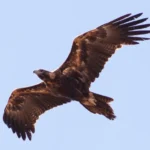
Wedge-tailed Eagle
Birds
-
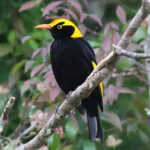
Regent Bowerbird
Birds
-
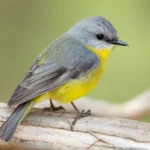
Eastern Yellow Robin
Birds
-
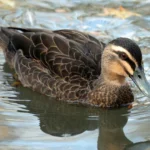
Pacific Black Duck
Birds
-
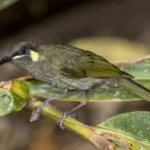
Lewin’s Honeyeater
Birds
-
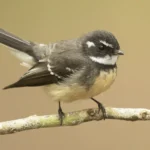
Grey Fantail
Birds
-
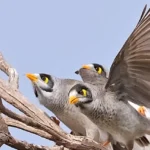
Noisy Miner
Birds
-
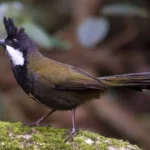
Eastern Whipbird
Birds
-
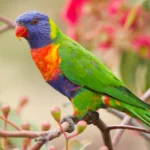
Rainbow Lorikeet
Birds
-
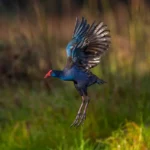
Australasian Swamphen
Birds
-
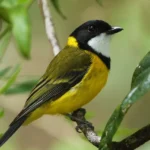
Golden Whistler
Birds
-
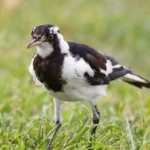
Magpie-lark
Birds
-
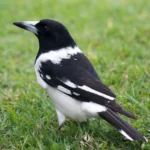
Pied Butcherbird
Birds
-
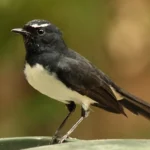
Willie Wagtail
Birds
-
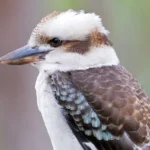
Laughing Kookaburra
Birds
-
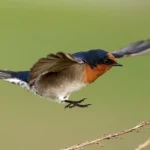
Welcome Swallow
Birds
-
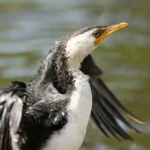
Little Pied Cormorant
Birds
-
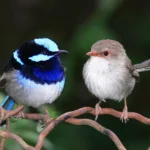
Superb Fairywren
Birds
-
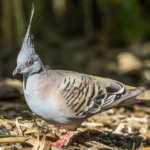
Crested Pigeon
Birds
-
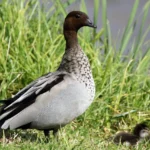
Maned Duck
Birds
-
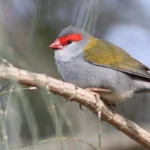
Red-browed Finch
Birds
-
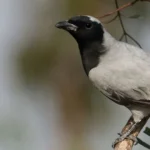
Black-faced Cuckooshrike
Birds
-
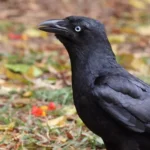
Torresian Crow
Birds
-
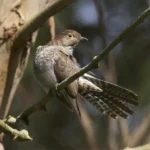
Fan-tailed Cuckoo
Birds
-
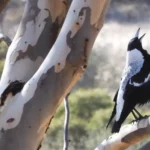
Australian Magpie
Birds
Credit Birdlife Australia



